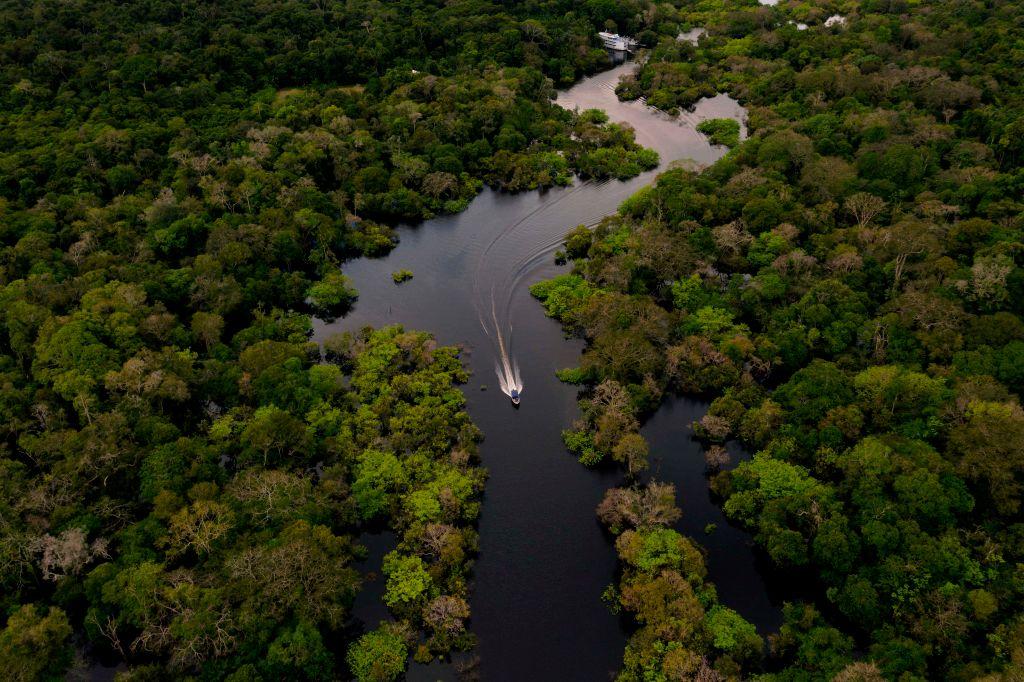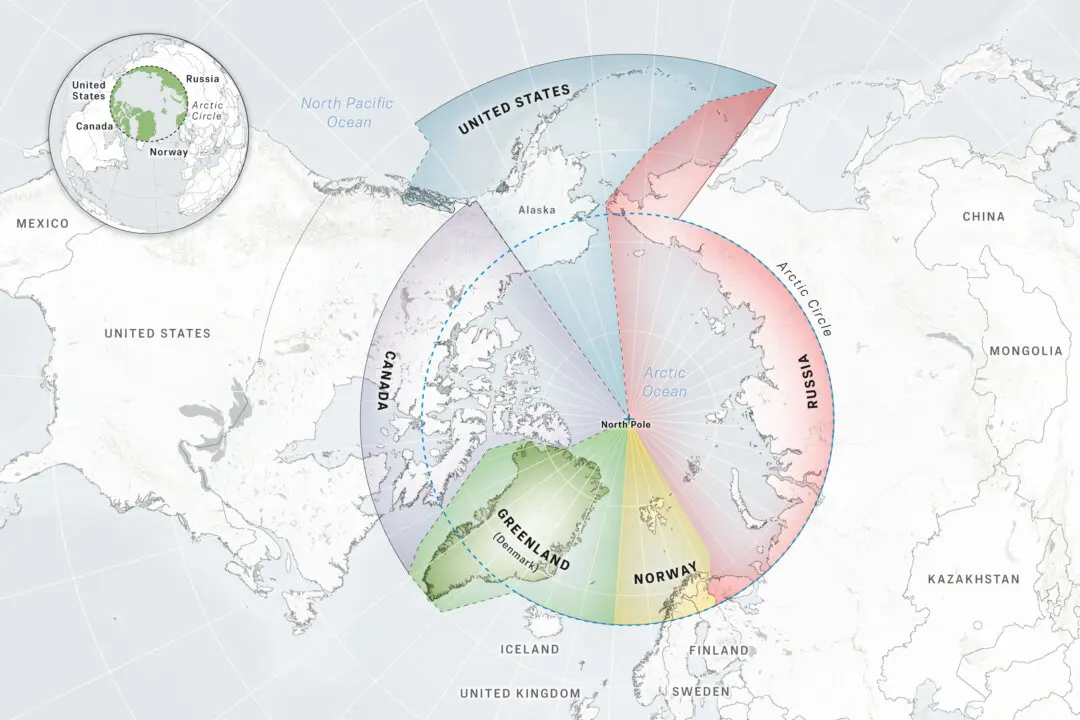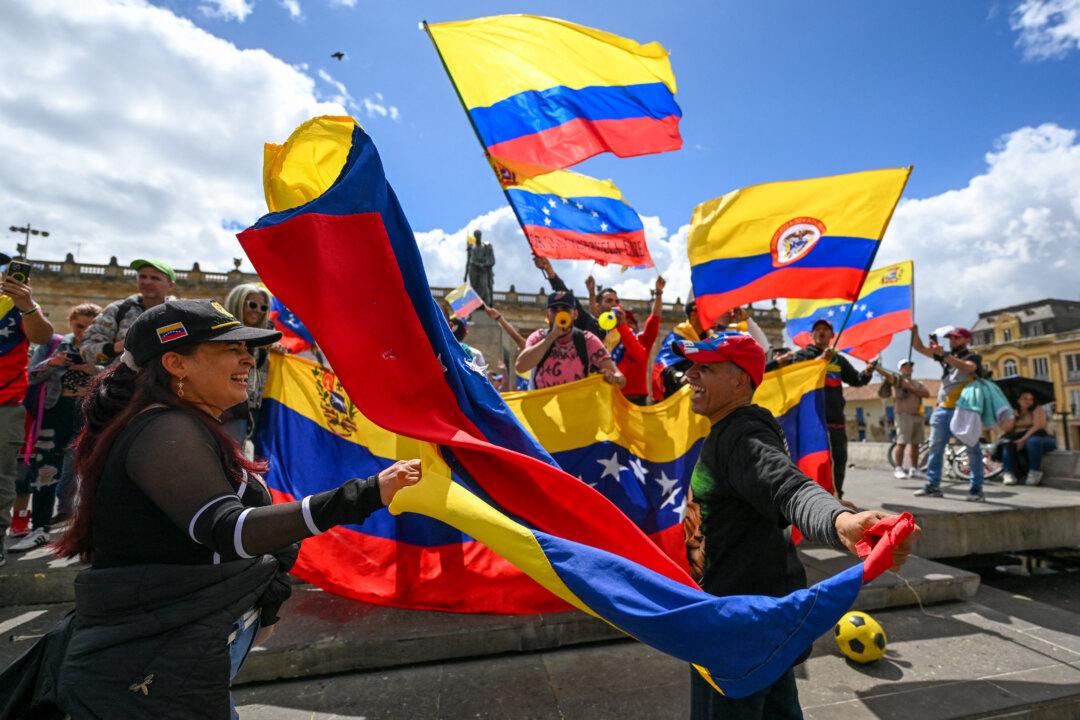Politicians who vow to end deforestation in the Brazilian Amazon aren’t anything new. However, President Luiz Inacio Lula da Silva claimed he could pull it off by 2030 with assistance from U.S. President Joe Biden.
When the Brazilian president—commonly known as Lula—made a passionate campaign promise in 2022 to end Amazonian deforestation, it was an instant crowd-pleaser among climate change advocates.





